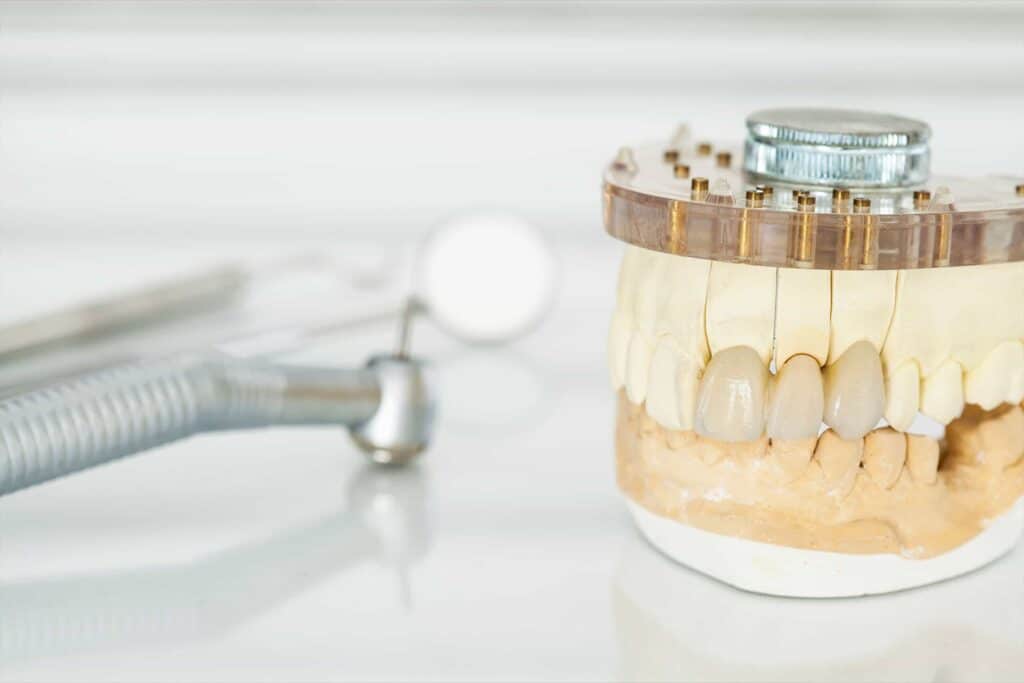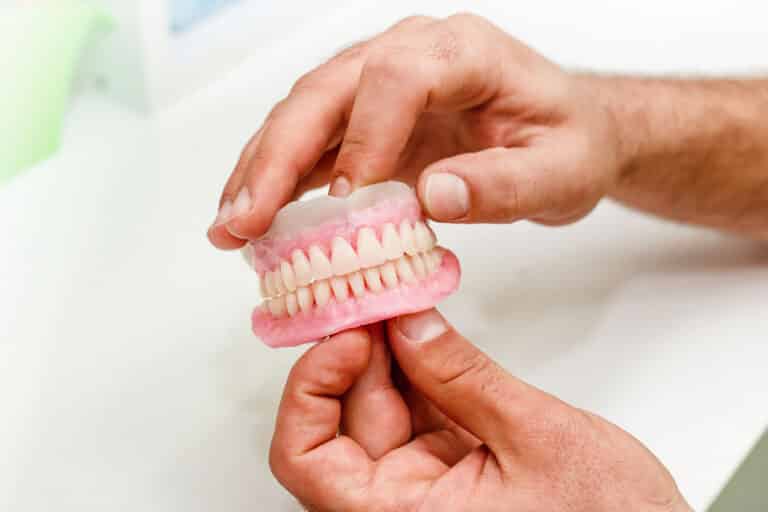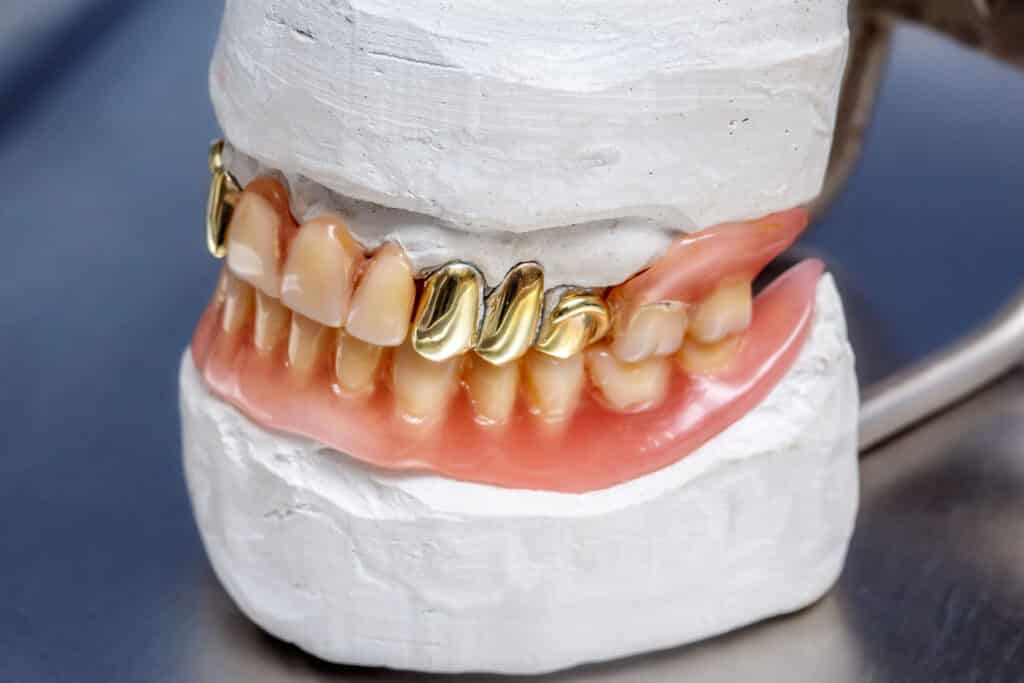How Long Do Implants Last?
Dental implants have an incredibly high survival rate when compared to other treatment options. Although not 100% bulletproof, implants tend to last longer than most treatments. Even older implants have been known to last decades. The survival rate of dental implants is typically at least a decade. There are factors that play a role such as the patient’s systemic health, hygiene, and the bite scheme. Those with periodontal disease, diabetes, grinders, or those who do not/cannot care for their implants are at higher risk of implant failure. However it is safe to say that implants are an extremely effective treatment option for those missing teeth.
Are Same Day Crowns Better?
It depends, however same day crowns can be a very attractive option for many who value their time. These crowns are completed on the same day due to a milling machine that creates crowns in-office. Keep in mind that this is not an option for gold crowns, but works for porcelain or white crowns. This cuts down overall time and potentially discomfort as the patient does not need to be in a temporary crown for weeks at a time. However same day crowns are very technique sensitive and can be more difficult to do well. Once calibrated, they work very well for many.
Is An Implant Or A Bridge Better?
The answer really depends on the person as there are advantages and disadvantages to both options. If you are healthy enough or want to undergo the implant surgery and the adjacent teeth do not need crowns, an implant will generally be a better option. However there are people who do not or cannot undergo implant surgery in which case a bridge would be better. Between the two options, many dentists would prefer an implant assuming the patient is a good candidate for implants. However both are good options.
Can Antibiotics Take Care Of An Infected Tooth?
Without some other type of intervention, most dental infections cannot be cleaned up with just antibiotics. The role of antibiotics in dental infections is to calm down the infection until definitive treatment can be established. Dental infections are a tug of war between the bacteria and the person’s immune system. When the bacteria start to win the tug of war, the infection starts to swell and/or become painful. When this occurs, antibiotics pulls on the rope in favor of the person. However without intervention, the infection will still be present and eventually cause pain again. It may take weeks to months or even years, but it is a ticking time bomb. Depending on the type of infection, some intervention (most commonly either a root canal or extraction) needs to be done to remove the source of infection so the body can heal.





